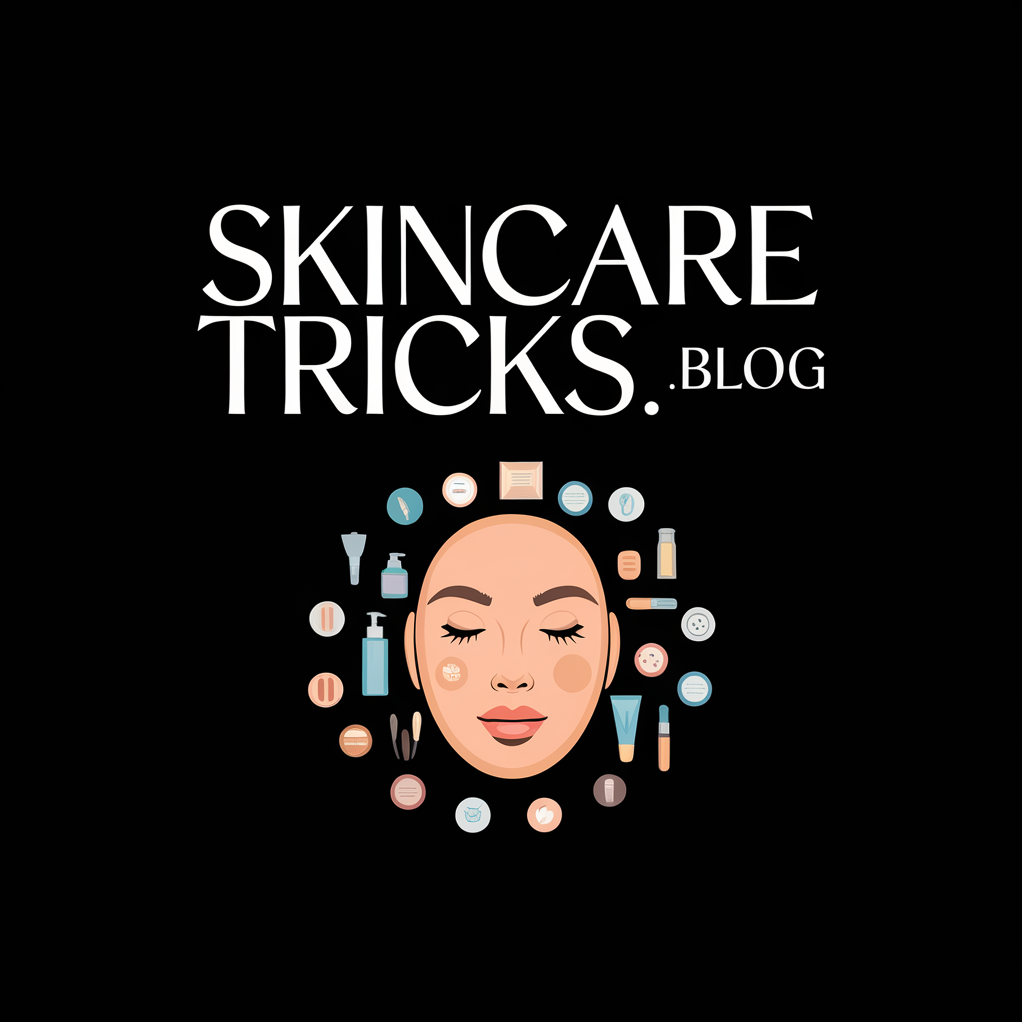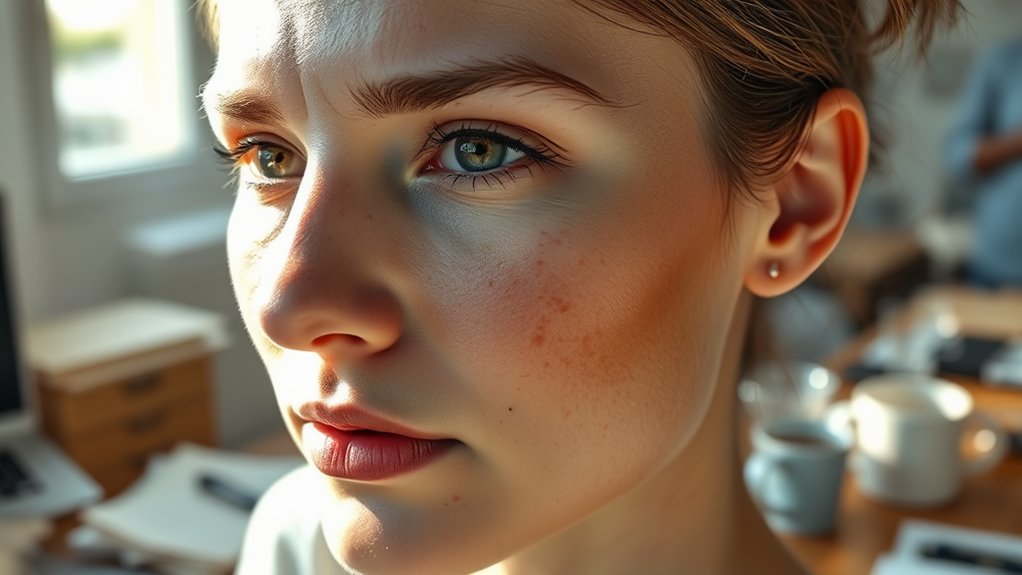Does Stress Really Cause Breakouts. Here’s What to Know
You might not realize it, but stress can play a significant role in the health of your skin. When you’re under pressure, your body releases cortisol, which directly affects oil production and pore clogging. This connection between stress and breakouts isn’t just a myth; understanding it can lead to better skin management. What if you could identify stressors in your life and implement effective strategies to minimize their impact?
The Science Behind Stress and Acne
When you’re stressed, your body undergoes a series of changes that can exacerbate acne. Stress triggers the release of hormones like cortisol, which boosts oil production in your skin. This excess oil, combined with dead skin cells, clogs pores and creates an environment conducive to acne growth.
Furthermore, stress can alter your immune response, making it harder for your body to fight off the bacteria that contribute to breakouts. Additionally, heightened inflammation from stress can worsen existing acne. Identifying stress triggers is crucial for developing effective skincare strategies and managing breakouts more effectively.
How Stress Hormones Affect Your Skin
As stress hormones like cortisol circulate through your body, they significantly impact your skin’s health and appearance. Elevated cortisol levels can lead to increased oil production, inflammation, and a compromised skin barrier, resulting in breakouts and irritation. Here’s a concise breakdown of how these hormones affect your skin:
| Hormone Effect | Skin Impact |
|---|---|
| Increased oil | Clogged pores, breakouts |
| Inflammation | Redness, irritation |
| Impaired barrier | Moisture loss, sensitivity |
| Slower healing | Prolonged acne, scars |
Managing stress may help mitigate these adverse effects, promoting healthier skin. In addition, understanding the stress-hormone connection is crucial for effective skin care management.
Identifying Stress Triggers for Better Skin
How can you identify the stress triggers that contribute to skin issues? Start by tracking your daily stress levels and correlating them with your skin’s condition. Keep a journal noting peaks in stress and any corresponding breakouts.
Pay attention to your environment, relationships, and workloads—these factors often elevate stress. You might also evaluate lifestyle choices, such as diet or sleep patterns, to see what exacerbates your skin.
Look for patterns and identify specific situations that lead to increased anxiety, as these are key to understanding your skin’s reactions. Identifying these triggers empowers you to take proactive measures for better skin health. Additionally, incorporating mindfulness practices like deep breathing can enhance your ability to manage stress effectively.
Effective Stress Management Techniques
Recognizing the stress triggers that impact your skin is the first step toward better skin health, but managing that stress effectively is just as important.
Consider integrating techniques such as mindfulness meditation, which has been shown to lower cortisol levels, contributing to clearer skin. Regular physical activity can also reduce stress hormones while boosting mood.
Additionally, prioritizing sleep enhances your body’s repair processes, which can positively affect your skin.
Finally, practicing time management and setting realistic goals can prevent overwhelming stress.
Implementing these strategies consistently can foster a healthier psychological environment that ultimately benefits your skin’s condition.
Skincare Tips to Combat Stress-Induced Breakouts
A targeted skincare routine can significantly mitigate the effects of stress-induced breakouts. Begin by cleansing your face twice daily with a gentle, non-comedogenic cleanser. Follow with a lightweight, oil-free moisturizer to keep your skin hydrated without clogging pores. Incorporate salicylic acid or benzoyl peroxide in your routine to combat acne-causing bacteria effectively. Additionally, maintaining a healthy skin moisture balance is crucial to prevent excessive oiliness and dryness during periods of stress.
| Step | Tip |
|---|---|
| Cleansing | Use a gentle, non-comedogenic cleanser. |
| Moisturizing | Opt for an oil-free moisturizer. |
| Spot Treatment | Apply salicylic acid or benzoyl peroxide. |
This structured approach will help maintain clear skin during stressful times.

